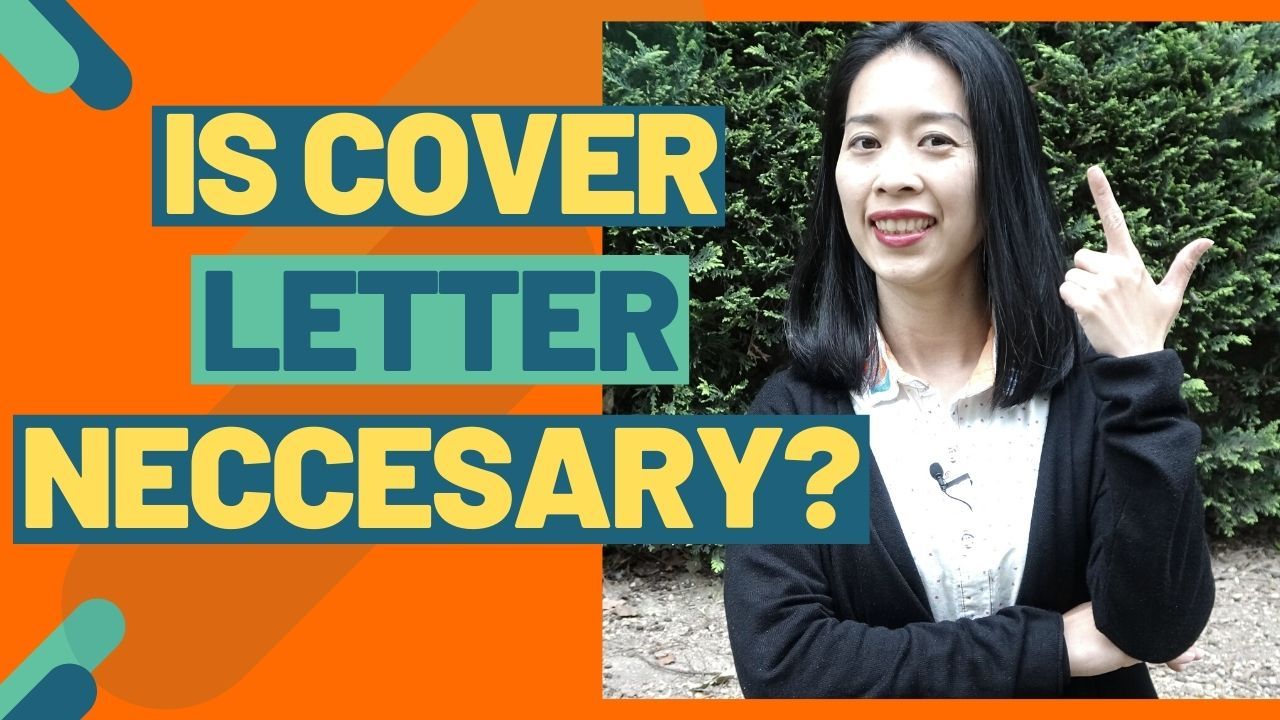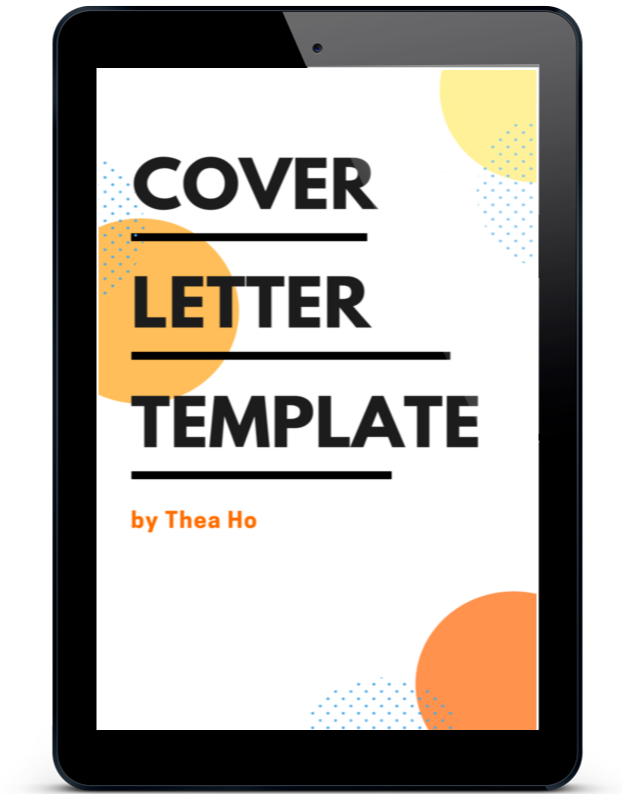Is a Cover Letter Necessary? Here’s Why It’s Still Your Shortcut to Interviews

If you’ve ever wondered whether you really need a cover letter, you’re not alone. Many job seekers — especially international students and skilled migrants — question if it’s worth the time. After all, most job ads say it’s 'optional'. But here’s the truth: a well-written cover letter can be the shortcut to landing interviews faster and getting ahead of other applicants.
In this article, we’ll explore why cover letters still matter, how to write one that works, and when you can skip it.
Why a Cover Letter Still Matters
A cover letter gives you a chance to speak directly to the hiring manager. While your resume outlines your skills and experience, your cover letter connects the dots between your background and the specific role.
It can:
- Demonstrate you’ve researched the company and role
- Explain why you’re applying and what makes you a strong fit
- Address potential red flags, like employment gaps or lack of local experience
- Show your communication skills and professionalism
When You Must Include a Cover Letter
You should always include a cover letter when:
- The job ad specifically requests one
- You have a personal referral and want to mention it
- You’re changing careers or industries
- You’re a recent graduate or migrant without much local experience
When You Can Skip It
You can consider skipping the cover letter if:
- The application system doesn’t allow you to upload one
- You’re applying through a recruitment agency that doesn’t require it
- You’ve been told directly by the recruiter or employer it’s unnecessary
Even in these cases, including a brief, customised note in your application email can make a positive impression.
How to Write a Cover Letter That Gets Read
1. Address it to the right person — Avoid generic greetings like 'To Whom It May Concern'. Use the hiring manager’s name if possible.
2. Start with a strong opening — Grab their attention by referencing a shared connection, recent company achievement, or the exact role.
3. Highlight your most relevant skills and achievements — Focus on what matters most to the role, not everything you’ve ever done.
4. Show enthusiasm and cultural fit — Employers hire people who want to be there.
5. End with a call to action — Ask for the opportunity to discuss how you can add value.
Common Cover Letter Mistakes to Avoid
- Using a generic template without tailoring it to the role
- Repeating your resume instead of adding value
- Making it too long — aim for 3–4 concise paragraphs
- Forgetting to proofread for spelling and grammar errors
Your Shortcut to Landing More Interviews
A cover letter isn’t just a formality — it’s your chance to stand out. If you want to create an application package that gets noticed, download the Skilled Job Starter Kit. It includes:
- An ATS-friendly resume template
- A proven cover letter template
- A LinkedIn profile checklist
- Interview strategies that convert offers
Get it here: https://www.theaho.co/free
FAQs
Do employers actually read cover letters?
Yes — especially when deciding between candidates with similar qualifications.
Should I send the same cover letter to every employer?
No. Customisation is key to making an impact.
How long should a cover letter be?
Aim for 3–4 short paragraphs on a single page.


